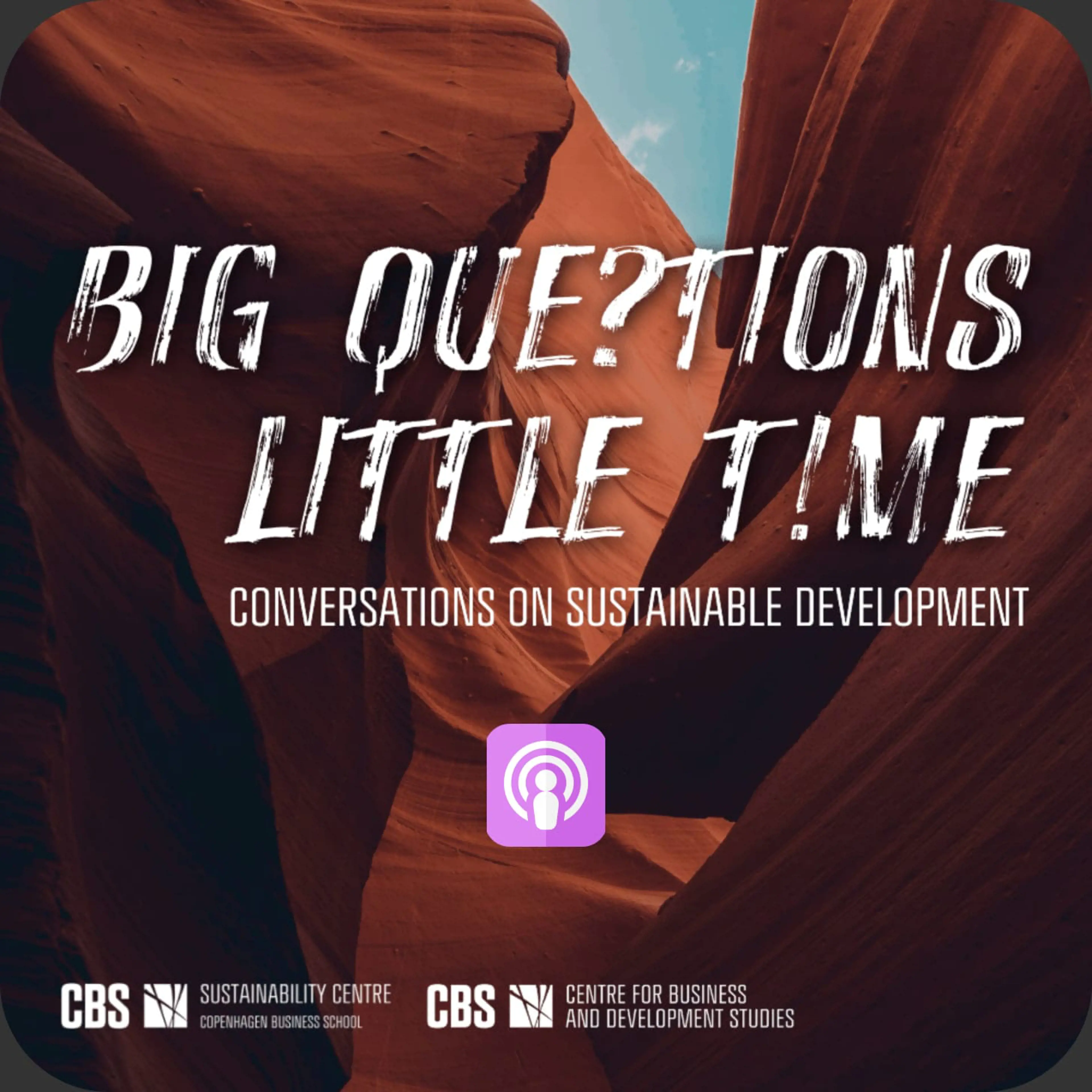Risks of weaker environmental regulationsA rollback in sustainability commitments, whether in the US or Europe, poses different types of risks. In Europe, Andreas Rasche says the primary danger is reduced transparency and data availability for investors.
“The EU isn’t abandoning its climate goals, but the Commission believes it can reach them with less granular sustainability data,” he says.
“The problem is that investors and policymakers need high-quality data to make informed decisions. Scaling back reporting could make sustainability progress much harder to track.”
In the U.S., the risk is more direct: losing momentum on the clean energy transition.
“I don’t think Trump will be able to completely dismantle the renewable energy sector – it’s too deeply embedded into the US economy by now,” Andreas Rasche acknowledges.
“But he can slow it down significantly, and at a time when we need to accelerate action, that’s a major setback.”
The responsibility of business leadersWith governments wavering, the role of corporate leadership in sustainability has never been more critical. “It really is up to companies now,” Andreas Rasche says.
“Leadership means standing up for sustainability, not just because it’s the right thing to do, but because it’s good for business. It creates new markets, drives innovation and improves risk management.”
However, some companies hesitate to take a stand, fearing that sustainability initiatives without a clear short-term profit might harm their bottom line. Andreas Rasche dismisses this concern as shortsighted.
“Not every sustainability initiative has an immediate business case,” he admits.
“But leadership is about thinking ahead. Managing a company is about preparing for the future, and this requires that you consider the strategic risks and opportunities that are tied to environmental and social problems.”
He also stresses that companies should be vocal in the political debate.
“Silence is also political. If companies don’t speak out against regulatory rollbacks, they’re effectively endorsing them. Now is the time for businesses to make themselves heard.”
Geopolitical crises and the energy transitionBeyond political shifts, ongoing geopolitical crises – such as the war in Ukraine – are also reshaping the sustainability landscape. “The war has put fossil fuels back on the agenda,” Andreas Rasche says.
“Before Russia’s invasion of Ukraine, the global energy transition was starting to gain serious traction. But when Europe had to cut off Russian gas, it scrambled to secure alternative energy sources, and unfortunately, that meant falling back on fossil fuels.”
In the short term, this has benefited the fossil fuel industry, which has seen very high profits in 2022 and 2023. But in the long term, Andreas Rasche believes the crisis could accelerate the shift to renewable energy.
“We’ve learned a painful lesson: a high dependency on fossil fuels is dangerous. In the long run, that realisation should push us more toward renewables,” he explains.
However, he also points out that the transition is not straightforward.
“Higher energy prices due to geopolitical instability have driven inflation, which in turn led to higher interest rates,” he says.
“That makes financing for renewable energy projects more expensive, which has slowed down investment. So, while the long-term direction is clear, the short-term disruptions are real.”




